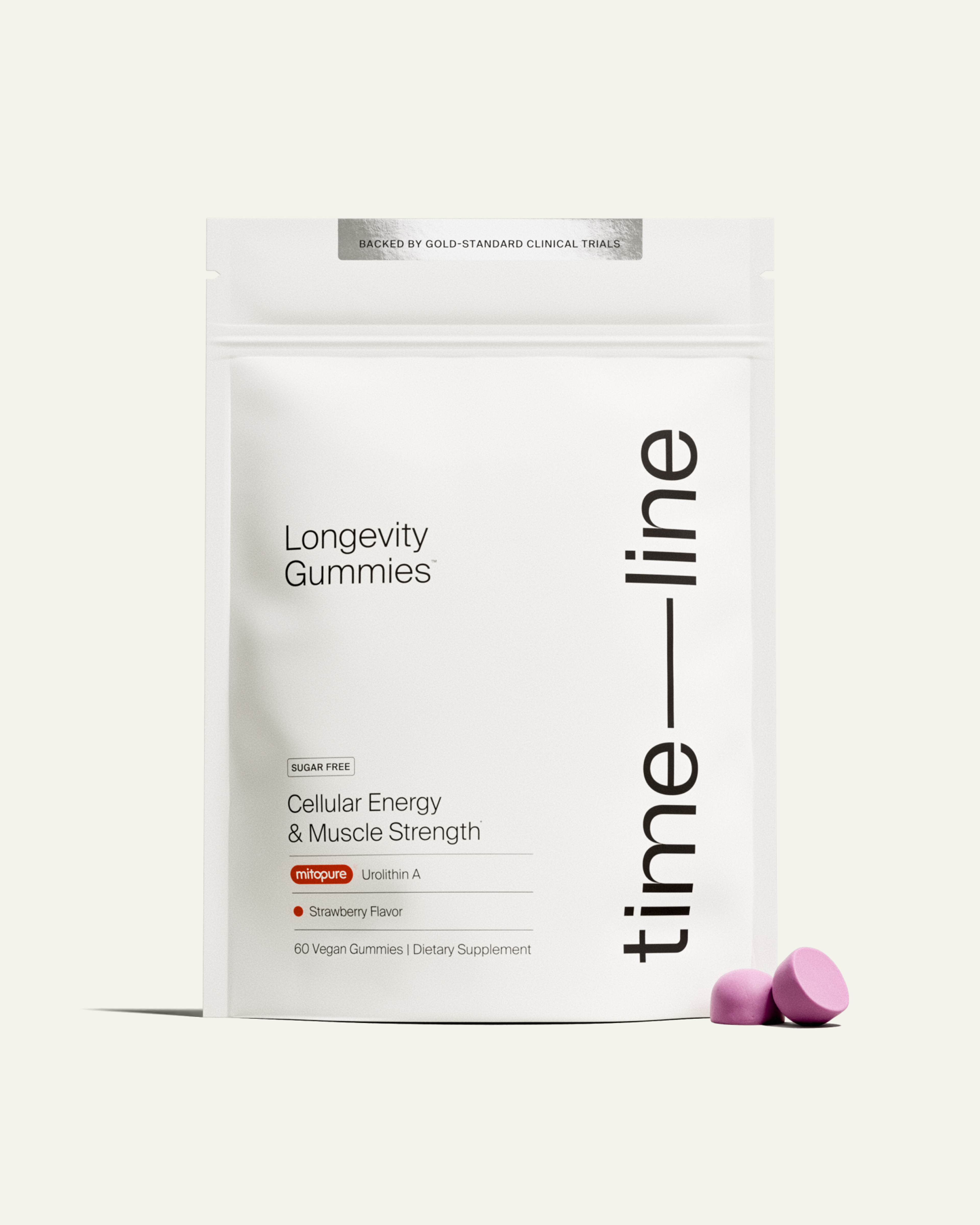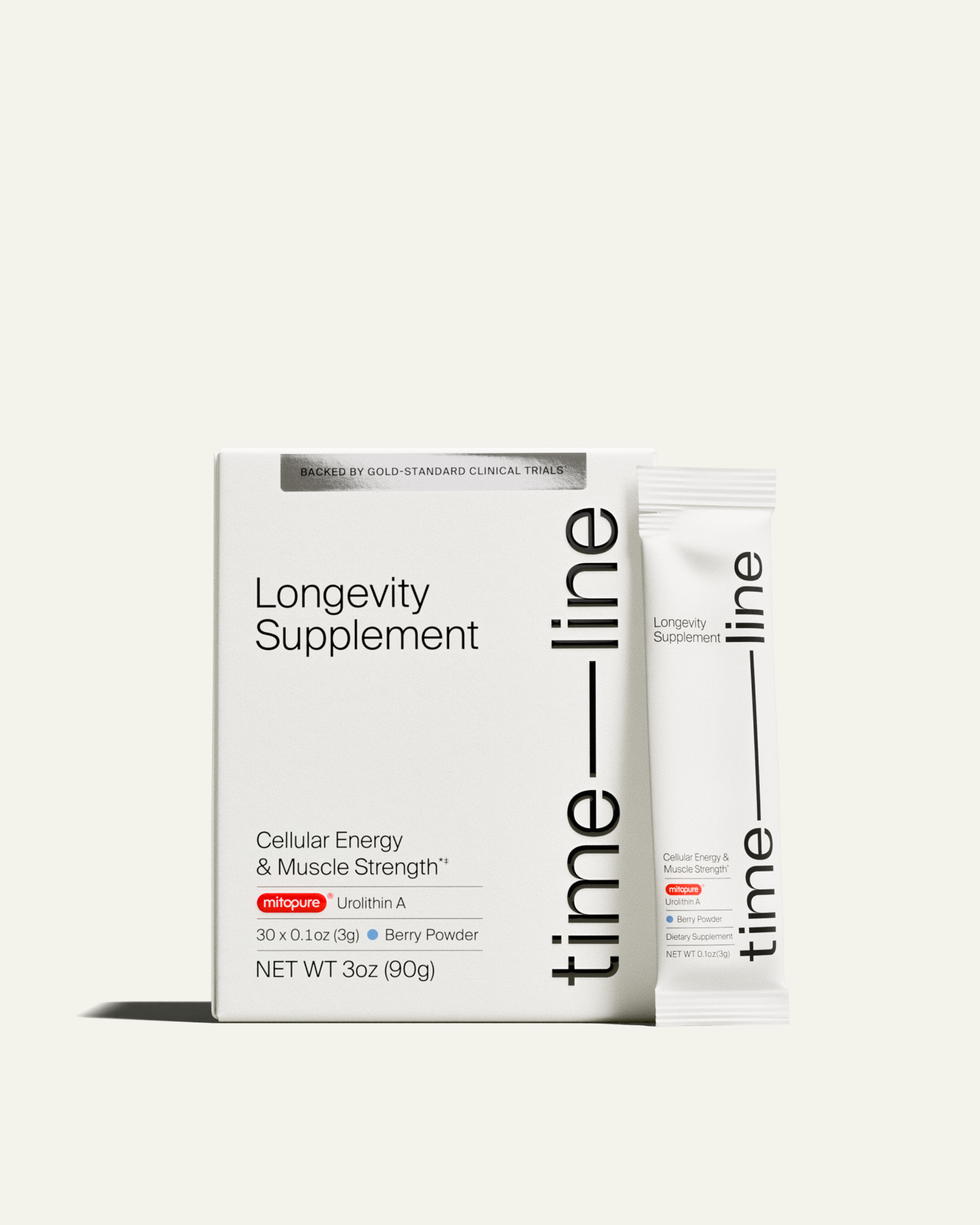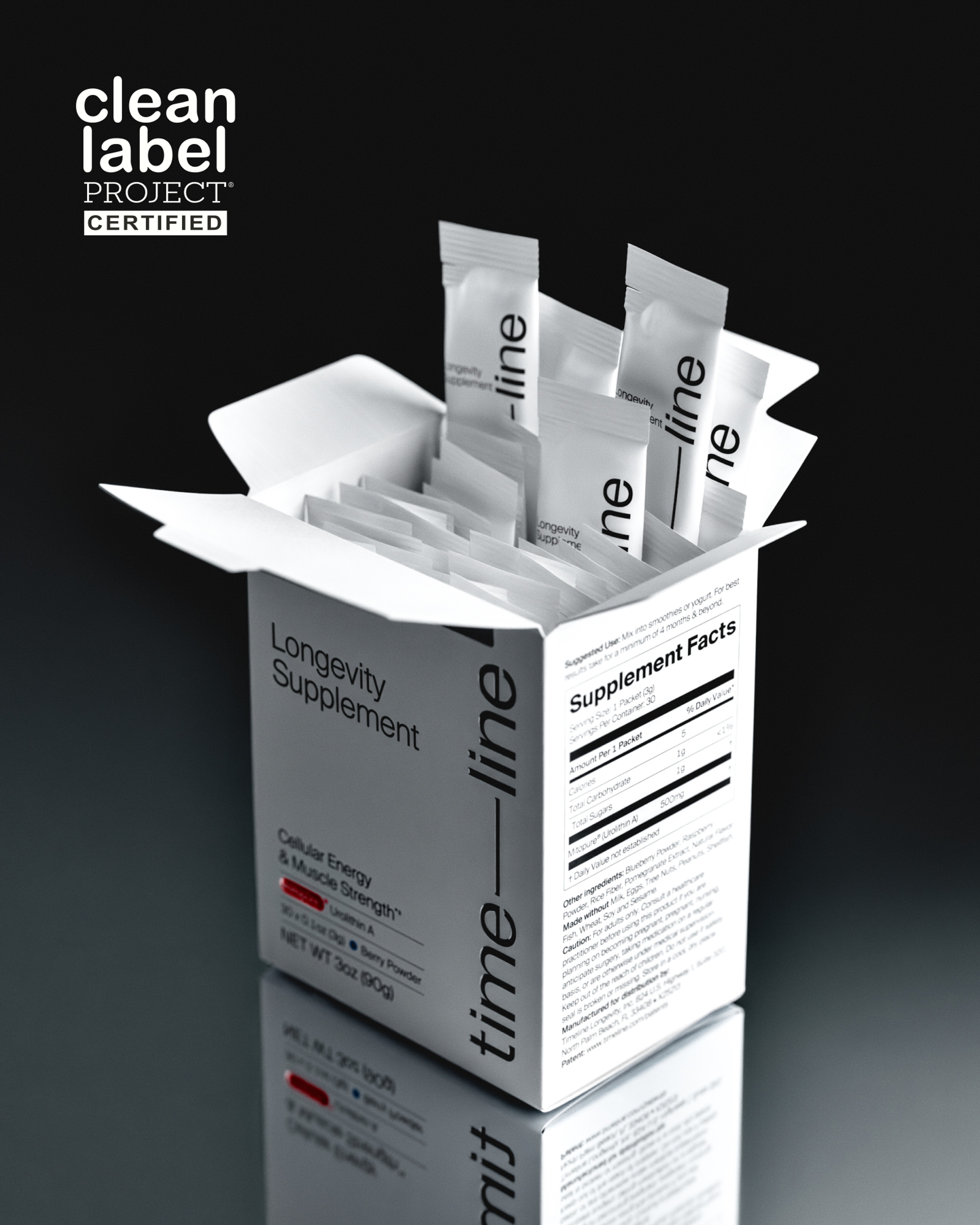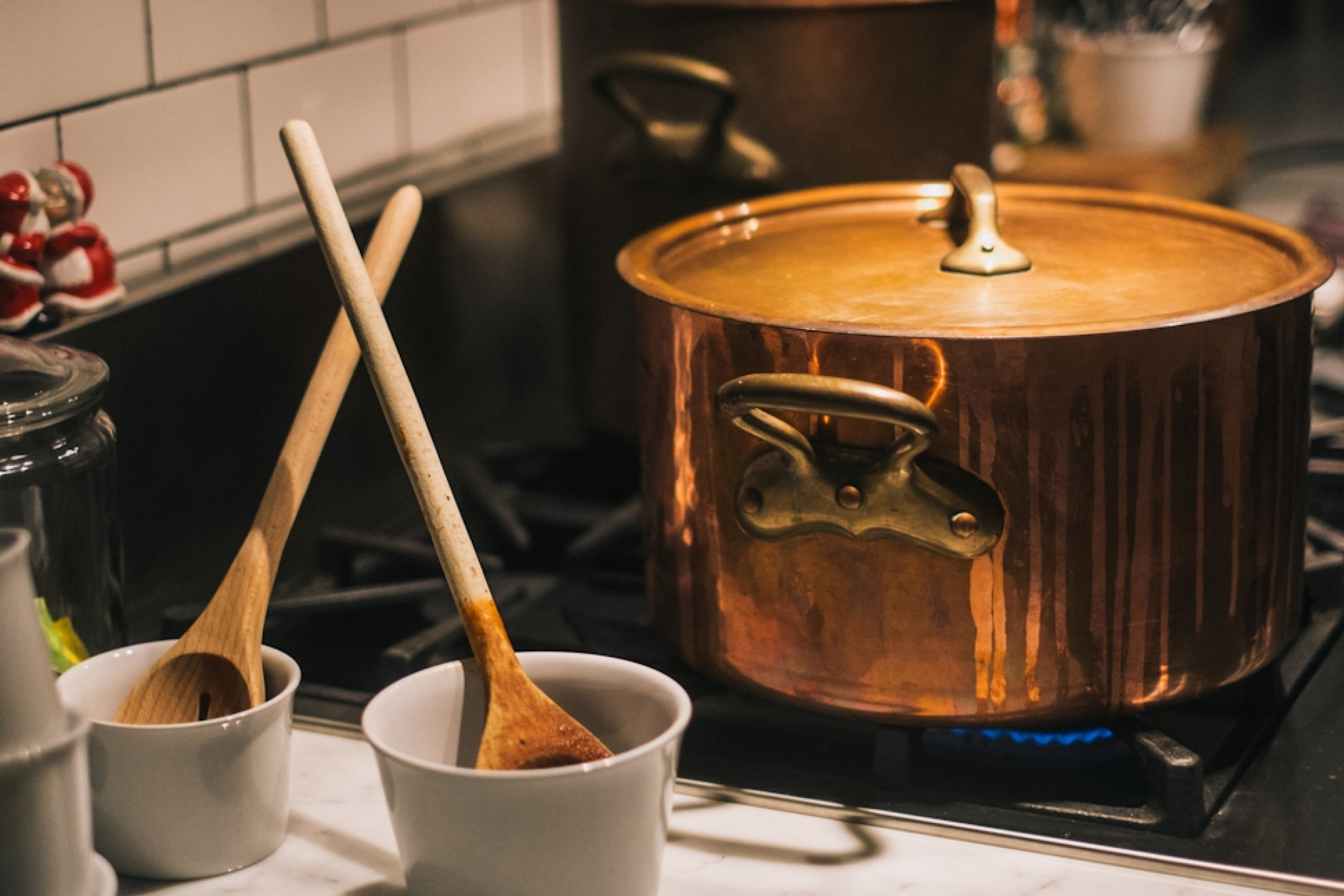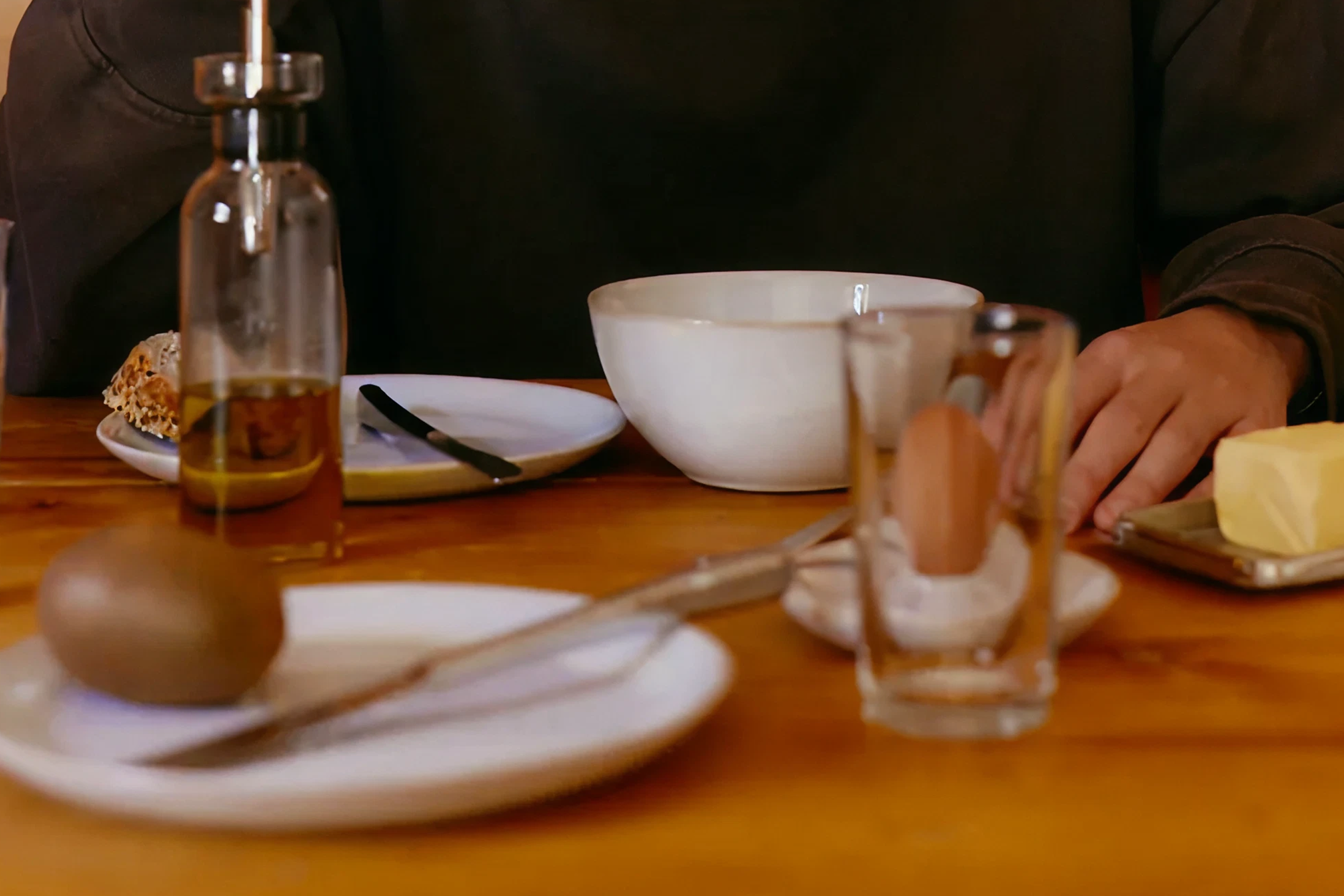Blue Zones in the world - Their secrets to longevity
Discover the secrets of the Blue Zones in the World where longevity thrives, and learn how you can embrace their habits in your own life.
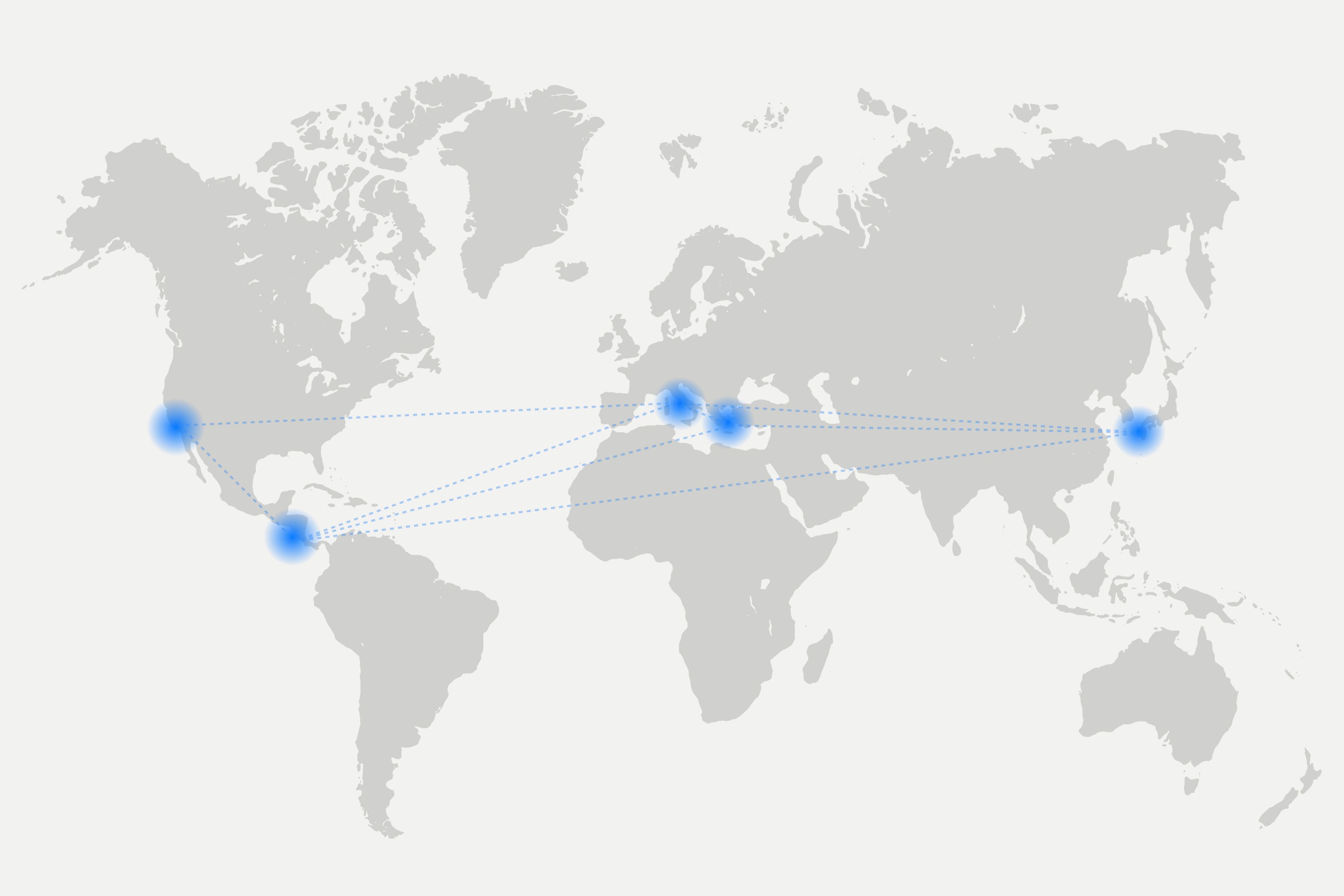
What to know
Blue Zones are regions where people live significantly longer, and this is attributed not only to genetics but also to healthy lifestyle habits.
Incorporating even a few Blue Zone habits can potentially add years to your life and improve overall health.
Residents share common practices such as a primarily plant-based diet, social connections, a sense of purpose, and regular physical activity.
Practical steps include adopting a plant-rich diet, staying physically active daily, nurturing a sense of purpose, and cultivating strong social networks.
Consider supplementing your longevity journey with Mitopure®, a supplement that promotes cellular health and healthy aging.
Have you ever wondered why some people live longer, healthier lives than others? The answer might lie in the "Blue Zones," unique regions worldwide where people tend to live significantly longer than average.
The Blue Zones’ longevity secrets aren’t just due to good genes, they have a lifestyle deeply rooted in healthy habits. Despite being scattered across the globe, spanning from California to Japan, the people of these Blue Zones share several key practices that contribute to their remarkable lifespans and low rate of disease.[1]
According to research, at least 75% of our lifespan is determined by our lifestyle and environment, while only 25% is dictated by our genes. If we can incorporate even a tiny percentage of habits from the Blue Zones in the world, we can add years to our lives.[2]
Keep reading to learn more about the five Blue Zones, what the common habits of these people are, and how you can implement their longevity lessons into your own life.
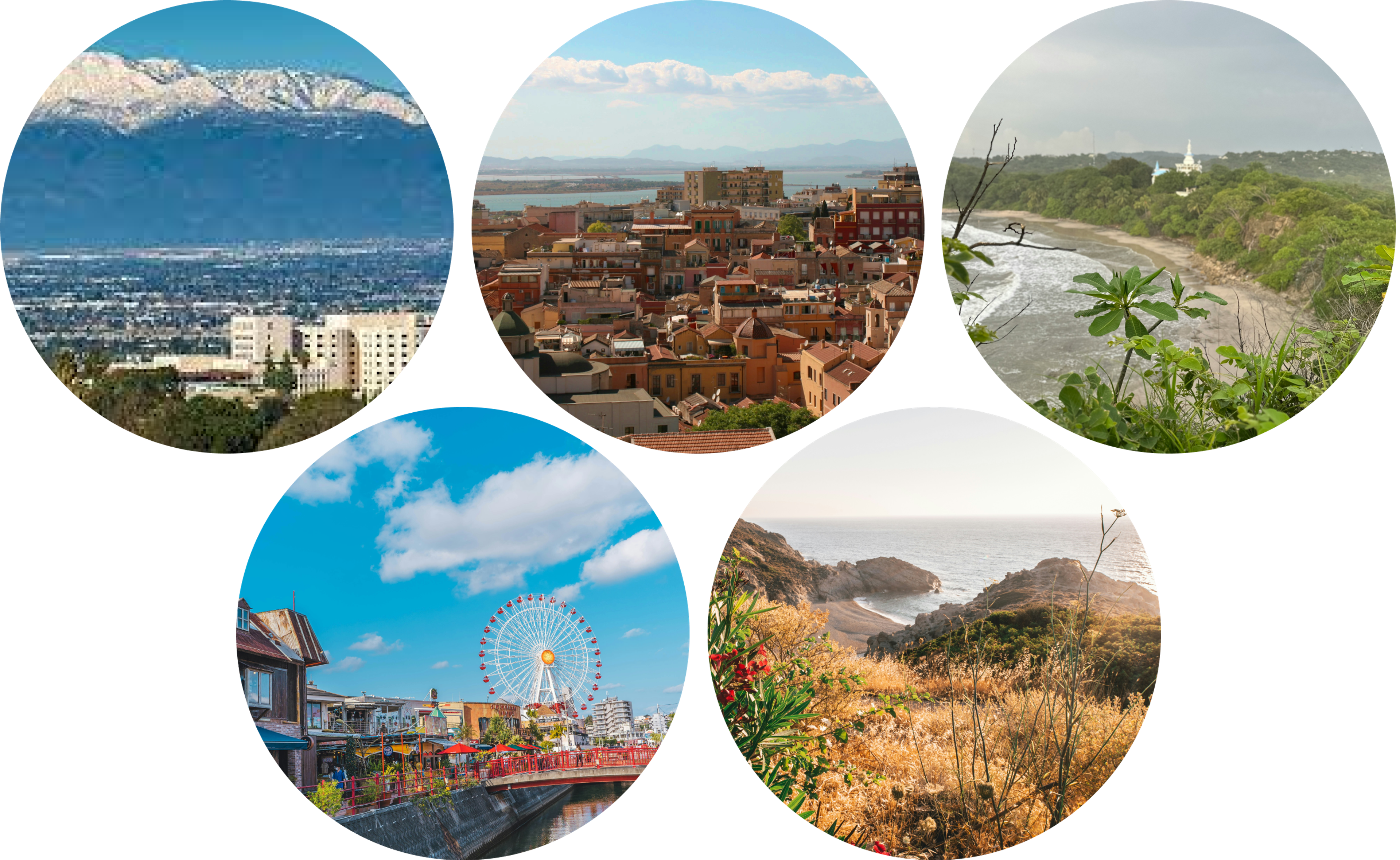
What are the Blue Zones?
The Blue Zones are five distinct regions throughout the world, which include the highest number of centenarians⸺those living to be 100 years old. These regions were discovered by researcher and journalist Dan Buettner:
- Okinawa, Japan
- Sardinia, Italy
- Nicoya, Costa Rica
- Ikaria, Greece
- Loma Linda, California
The Blue Zones longevity is influenced by shared traits and healthy habits, including:
- Gardening and living off the land
- Eating a primarily plant-based diet
- Social connection and time with family
- A sense of purpose in life
- Prioritizing rest
- Having a positive outlook
- Daily stress management
Blue Zones and longevity
The inhabitants of the five different blue zones share common traits that help them live a long, fulfilling life. These shared traits are known as the Power 9.
1. Plant-forward diet
While the different regions may vary quite a bit in diet choices, they all follow a mainly plant-based dietary pattern, which may include meat and fish in moderation. Diets rich in plant foods are associated with less disease risk and an overall improved healthspan.[3]
2. Habitual calorie restriction or fasting
Blue Zones regularly restrict calories by either eating small portions or periodically fasting. Those in Okinawa have a regular practice they recite before every meal called “hara hibachi bu,” a phrase that translates to “stop eating when you’re 80% full.”[4]
Those in Loma Linda also eat a light, early dinner, which can mimic the effects of an intermittent fasting lifestyle.
This practice of continuous calorie restriction and regular fasting can support healthy aging by stimulating autophagy, our body’s process of removing old and damaged cells.
3. Moderate red wine consumption
Many of these regions consume one to two glasses of red wine per day with family and friends. The research is still up for debate if moderate wine consumption directly provides health benefits, such as lowered inflammation, or if there is an indirect association due to the social aspect of wine drinking in these regions.[5]
While this is a common Blue Zone trait, there is also some concern that any amount of alcohol may be risky. Alcohol has been classified as a Group 1 carcinogen by the International Agency for Research on Cancer decades ago, putting it in the same category as tobacco, asbestos, and radiation. [6]For this reason, it is not recommended to start drinking wine if you don’t already.
4. Sense of purpose
Having a sense of purpose and meaning in life is an essential component of overall health.
The Blue Zones all have a strong sense of purpose, whether it be caring for their family, their garden, their work, or their faith. The Okinawans, for example, frequently remind themselves of their purpose and reason for living, which they call “Ikigai.”
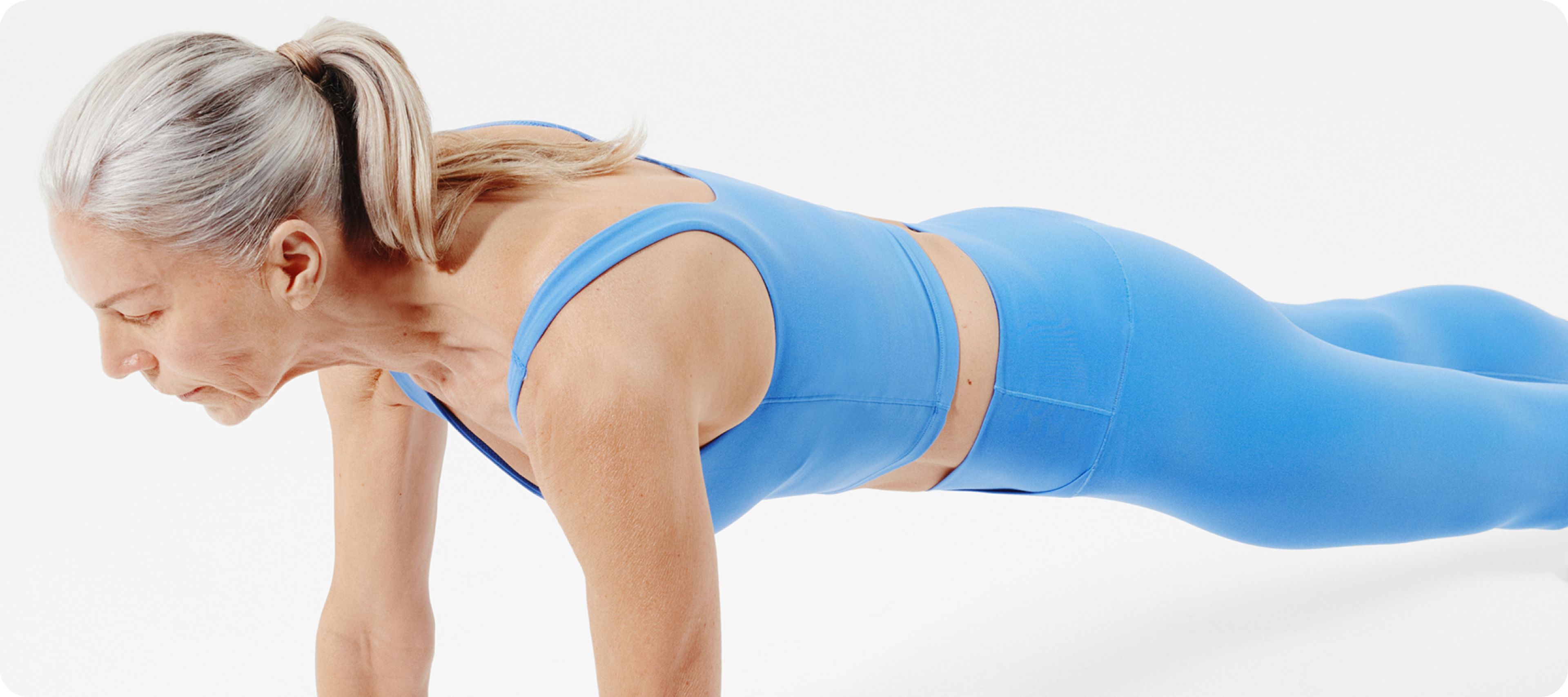
5. Daily movement
Blue Zone residents do not “exercise” or go to the gym, but they remain active in their everyday lives. Residents stay active daily by farming, gardening, household chores, walking, and biking.
Instead of driving to a friend’s house, for example, they walk. Because they don’t have the conveniences we have in the United States, they move their bodies in essentially everything they do.
6. Regular stress relief and rest
Blue Zone communities purposefully incorporate stress relief into their daily lives. This may be through regular prayer, a nap, or a glass of wine with family. They also prioritize rest and relaxation, with a daily nap as a common practice to recharge.
7. Prioritize faith and spirituality
While they don’t all share the same religion, a strong sense of faith and spiritual practices are central to Blue Zone communities. A number of studies have linked spirituality[7] to a longer life, especially among women.[8]
8. Close-knit family units
These communities have stable and strong family structures, with many living with extended families and regularly prioritizing time with family. Tighter family structures mean a stronger support system, which can support mental and physical well-being.
9. Supportive social networks
We are who we surround ourselves with. Those in the Blue Zones have strong social networks that encourage healthy and happy lifestyles and support each other in many ways.
For example, Okinawa residents belong to an assigned social group called a “moai,” a close-knit group of five formed in childhood that supports each other personally, professionally, and financially. They are assigned to this group as young as five years old and stay with this group for life.[9]
Blue Zones and longevity lessons
While most of us can’t pack up and move to a remote village in Costa Rica, you can take some key lessons from the Blue Zones to renew your cells and support longevity.
Here are a few feasible habits you can practice to bring the Blue Zones to you:
- Eat a nutritious diet, but don’t overeat - As author and journalist Michael Pollan said, “Eat food, not too much, mostly plants.”
- Move every day - While many jobs don’t involve physical activity, you can go for a daily walk, take the stairs more often, and walk to your colleague's office instead of calling them.
- Maintain a sense of purpose - Many people tie their purpose to their work, but when they retire, they may feel lost. You can maintain a strong sense of purpose at any stage in life by joining a community, practicing your faith, volunteering, or taking up a new hobby.
- Find a supportive community - Remain close to family and friends, find a supportive community, and see them often.
- Take care of your mitochondria - Your mitochondria are the energy centers of our cells, and their health is intricately linked to healthy aging. Taking a mitoceutical like Mitopure® can support these critical cellular components, boosting cellular energy.
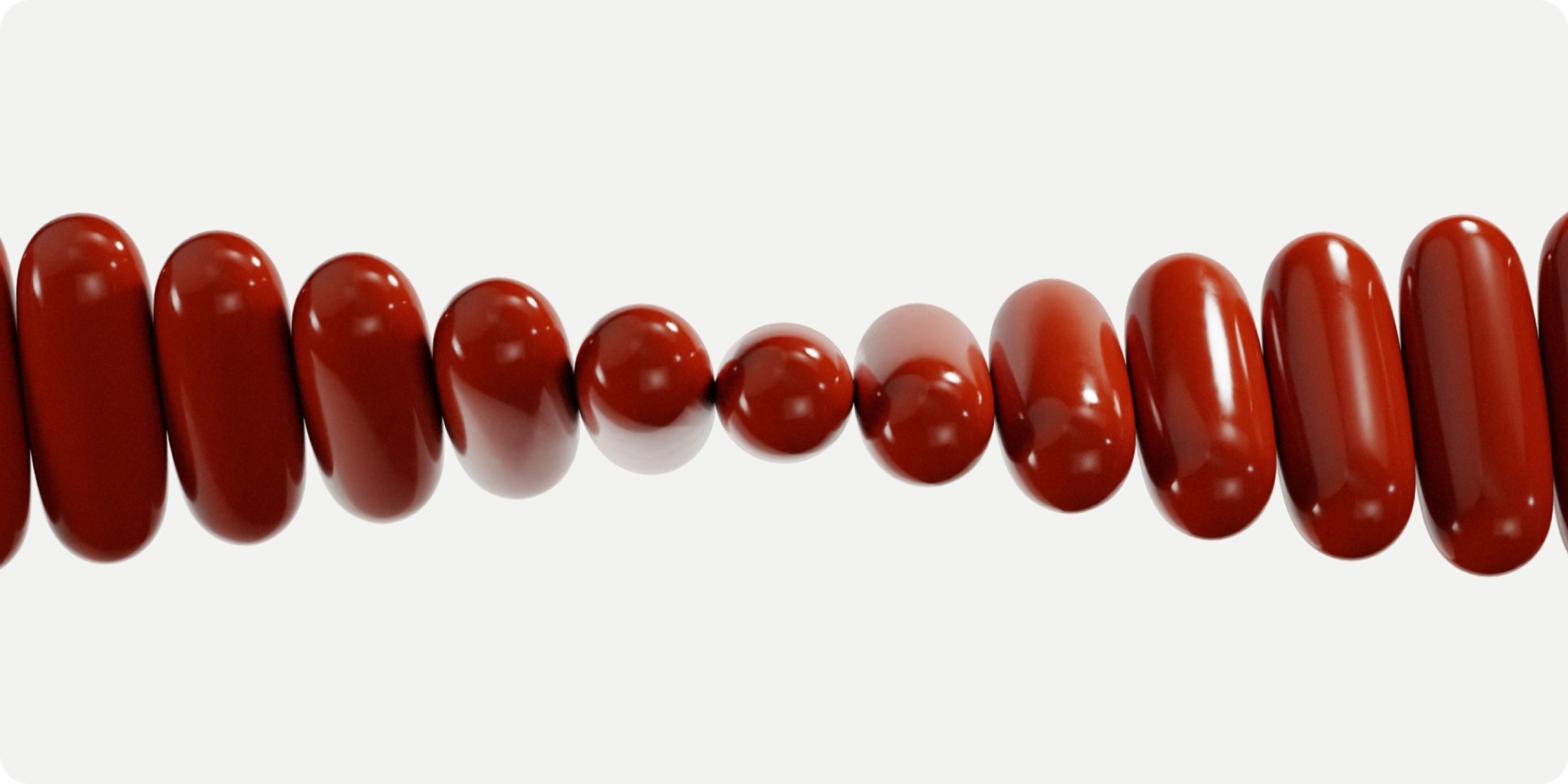
Final words
Incorporating the wisdom of the Blue Zones into your life doesn’t require a move across the world – it’s about embracing their healthy habits wherever you are. It doesn’t have to be overwhelming; just take it one step at a time by employing one or two of their habits along with a quality healthy aging supplement like Mitopure.

Mitopure Softgels
4.5 · 3734 reviews
The simplest form of Mitopure
With a combination of these elements, you’ll be doing your best to promote a healthy life and improve the quality of your years ahead.
Authors

Dietitian-Nutritionist, and Health Content Writer

Reviewed by
Director Science Communications
References
- ↑
Buettner D, Skemp S. Blue Zones: Lessons From the World's Longest Lived. Am J Lifestyle Med. 2016 Jul 7;10(5):318-321. doi: 10.1177/1559827616637066. PMID: 30202288; PMCID: PMC6125071.
- ↑
Passarino G, De Rango F, Montesanto A. Human longevity: Genetics or Lifestyle? It takes two to tango. Immun Ageing. 2016 Apr 5;13:12. doi: 10.1186/s12979-016-0066-z. PMID: 27053941; PMCID: PMC4822264.
- ↑
Hu, F. (2023). Diet strategies for promoting healthy aging and longevity: An epidemiological perspective.. Journal of internal medicine. https://doi.org/10.1111/joim.13728.
- ↑
Imatome-Yun N. Hara Hachi Bu: Enjoy Food and Lose Weight With This Simple Japanese Phrase. Blue Zones. Published December 26, 2017. Accessed July 2, 2024. https://www.bluezones.com/2017/12/hara-hachi-bu-enjoy-food-and-lose-weight-with-this-simple-phrase/ (https://www.google.com/url?q=https://www.bluezones.com/2017/12/hara-hachi-bu-enjoy-food-and-lose-weight-with-this-simple-phrase/&sa=D&source=docs&ust=1720708266652443&usg=AOvVaw2A78kz5-XrdOfwITQ7JwRO)
- ↑
Snopek L, Mlcek J, Sochorova L, Baron M, Hlavacova I, Jurikova T, Kizek R, Sedlackova E, Sochor J. Contribution of Red Wine Consumption to Human Health Protection. Molecules. 2018 Jul 11;23(7):1684. doi: 10.3390/molecules23071684. PMID: 29997312; PMCID: PMC6099584.
- ↑
No level of alcohol consumption is safe for our health. Accessed July 3, 2024. https://www.who.int/azerbaijan/news/item/04-01-2023-no-level-of-alcohol-consumption-is-safe-for-our-health (https://www.google.com/url?q=https://www.who.int/azerbaijan/news/item/04-01-2023-no-level-of-alcohol-consumption-is-safe-for-our-health&sa=D&source=docs&ust=1720708266653383&usg=AOvVaw3tKgu2TWUR3b9TCAhQP5H4)
- ↑
Li S, Stampfer MJ, Williams DR, VanderWeele TJ. Association of Religious Service Attendance With Mortality Among Women. JAMA Intern Med. 2016 Jun 1;176(6):777-85. doi: 10.1001/jamainternmed.2016.1615. PMID: 27183175; PMCID: PMC5503841.
- ↑
Chaves, L., & Gil, C. (2015). Older people's concepts of spirituality, related to aging and quality of life.. Ciencia & saude coletiva, 20 12, 3641-52 . https://doi.org/10.1590/1413-812320152012.19062014.
- ↑
Kotifani A. Moai—This Tradition is Why Okinawan People Live Longer, Better. Blue Zones. Published August 16, 2018. Accessed July 3, 2024. https://www.bluezones.com/2018/08/moai-this-tradition-is-why-okinawan-people-live-longer-better/ (https://www.google.com/url?q=https://www.bluezones.com/2018/08/moai-this-tradition-is-why-okinawan-people-live-longer-better/&sa=D&source=docs&ust=1720708266654748&usg=AOvVaw1xAtv0YjV_nTqwkEUmeeox)
Disclaimer
The information in this article is for informational purposes only and should not be taken as medical advice. Always consult with your medical doctor for personalized medical advice.

·
Nutrition·
Studies·
